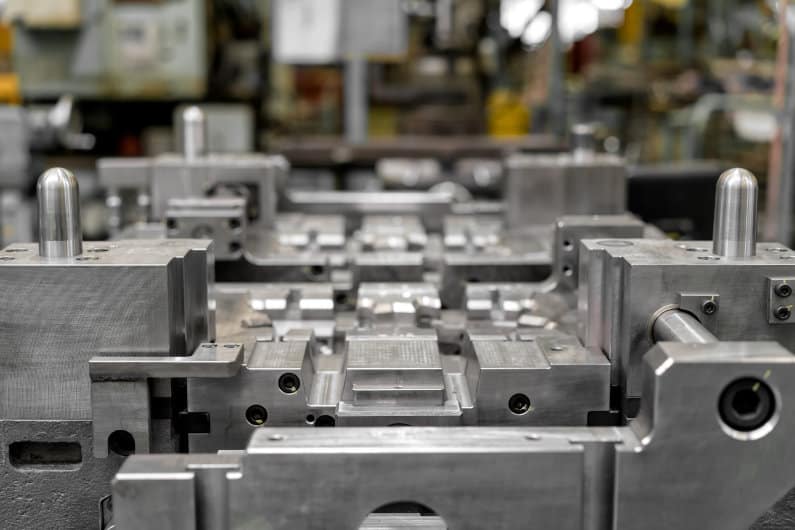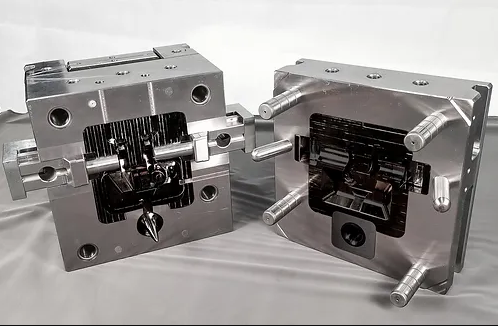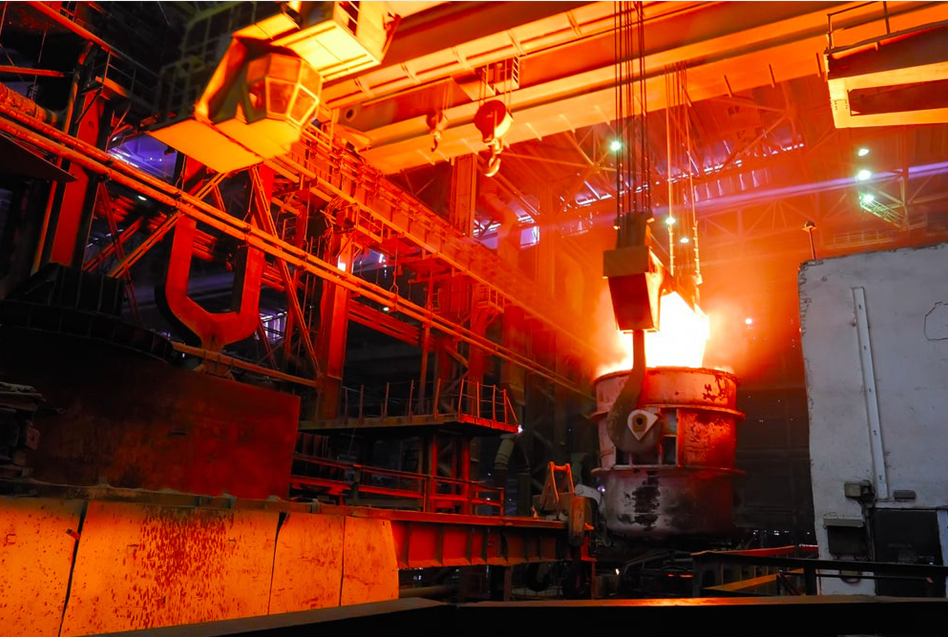Introduction
Aluminum is a versatile and widely used metal in various industries due to its lightweight, corrosion resistance, and excellent thermal conductivity properties. As a result, precision machining of aluminum has become a crucial process in the manufacturing industry. This guide aims to provide an overview of aluminum machining, including its importance, techniques, challenges, and applications.
Importance of Aluminum Machining
Aluminum machining plays a vital role in producing high-quality components and products. The precision manufacturing process ensures the accurate fabrication of complex parts with tight tolerances. From aerospace to automotive, electronics to construction, aluminum machining is at the forefront of producing lightweight yet durable components that meet the requirements of modern industries.
Techniques in Aluminum Machining
1. CNC Machining: Computer Numerical Control (CNC) machines are widely used for aluminum machining. These machines utilize pre-programmed software to control the movement of cutting tools, resulting in accurate and consistent aluminum parts. CNC machining is suitable for producing both simple and complex aluminum components with high precision.
2. Turning: Turning is a machining process that involves removing material from a rotating workpiece using cutting tools. It is commonly used for cylindrical parts, such as shafts, rods, and pipes. Turning is ideal for aluminum machining due to its ability to create precise dimensions, smooth surface finishes, and excellent concentricity.
3. Milling: Milling is a versatile machining process that uses rotary cutters to remove material from a workpiece. Aluminum milling involves cutting and shaping aluminum blocks or sheets to produce various shapes and sizes. It is suitable for creating complex features, such as pockets, slots, and contours, on aluminum components.
Challenges in Aluminum Machining
Aluminum machining presents certain challenges that need to be addressed to ensure successful and efficient manufacturing processes.
1. Chip Control: Aluminum tends to produce long and stringy chips during machining. Proper chip control techniques, such as using high-pressure coolant and sharp cutting tools, are necessary to prevent chip clogging, tool damage, and poor surface finishes.
2. Heat Dissipation: Aluminum has excellent thermal conductivity, which means it can quickly absorb and retain heat during machining. Effective cooling methods, such as using coolant or compressed air, are crucial to dissipate heat and prevent thermal damage to the workpiece and cutting tools.
3. Material Softness: Compared to other metals, aluminum is relatively soft and prone to deformation. Care must be taken to avoid excessive cutting forces, vibrations, and tool wear, which can result in dimensional inaccuracies and poor surface finishes.
Applications of Aluminum Machining
Aluminum machining finds applications in various industries, including:
1. Aerospace: Aluminum is widely used in the aerospace industry due to its lightweight and high strength-to-weight ratio. Machined aluminum parts are used in aircraft frames, wings, engine components, and interior fittings.

2. Automotive: Aluminum machining is essential in the automotive industry to produce lightweight parts that improve fuel efficiency and reduce emissions. Aluminum components are used in engine blocks, wheels, suspension systems, and body panels.
3. Electronics: Aluminum machining is crucial for manufacturing electronic devices and components. Machined aluminum housings, heat sinks, connectors, and enclosures are commonly used in smartphones, laptops, televisions, and other electronic devices.
Conclusion
Aluminum machining is a critical process in precision manufacturing, enabling the production of lightweight and durable components across various industries. By employing techniques such as CNC machining, turning, and milling, manufacturers can create high-quality aluminum parts with tight tolerances. While aluminum machining presents challenges such as chip control, heat dissipation, and material softness, these can be overcome with appropriate techniques and tools. The applications of aluminum machining span industries like aerospace, automotive, and electronics, highlighting its significance in modern manufacturing processes.
-

- Coperchio dell'alloggiamento del laptop con parti in magnesio pressofuso D
-

- Ruota di bicicletta per parti di fonderia in lega di magnesio con lavorazione CNC e finitura superficiale
-

- Prodotta la scheda centrale macbook con parti metalliche su misura
-

- Thixomolding parts & components mobile phone middle board processed
-

- Pressofusione in lega di magnesio Ricambi auto Paraurti anteriore Fascio anticollisione
-

- Biciclette per bambini Biciclette per bambini per bambini da 3 a 16 anni Ciclo per bambini bambino / OEM Bici da montagna per bambini 2022

 0086-750-5616188
0086-750-5616188 +86 13392089688
+86 13392089688 sales@zhongmei-tech.com
sales@zhongmei-tech.com







